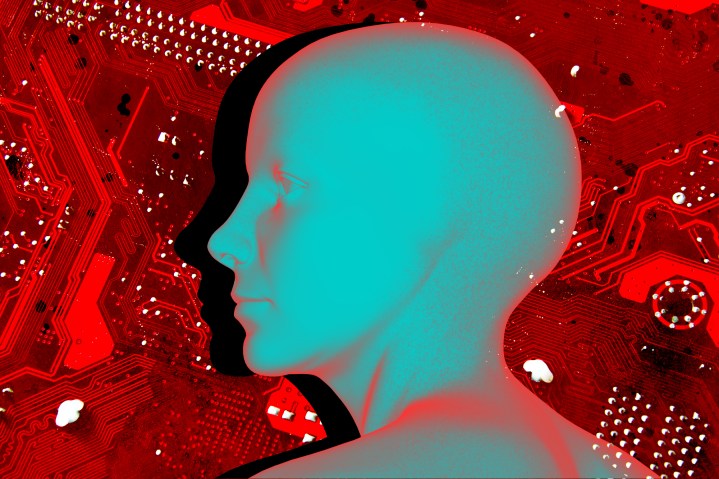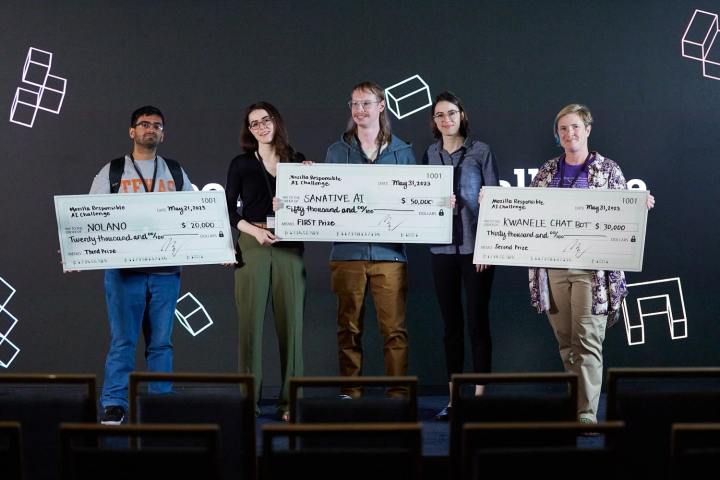Right now, there’s plenty of hand-wringing over the damage artificial intelligence (AI) can do. To offset that, Firefox maker Mozilla set out to encourage more accountable use of AI with its Responsible AI Challenge, and the recently announced winners of the contest show that the AI-infused future doesn’t have to be all doom and gloom.
The first prize of $50,000 went to Sanative AI, which “provides anti-AI watermarks to protect images and artwork from being used as training data” for the kind of large-language models that power AI tools like ChatGPT. There has been much consternation from photographers and artists over their work being used to train AI without permission, something Sanative AI could help to remedy.

Kwanele Chat Bot was the $30,000 runner-up, and it “aims to empower women in communities plagued by violence by enabling them to access help fast and ensure the collection of admissible evidence.” Third place and $20,000 went to Nolano, which is a “trained language model that uses natural language processing to run on laptops and smartphones.”
As well as the cash prizes, all of the winners will be mentored by AI industry leaders and gain access to Mozilla’s “resources and communities.”
Tremendous potential

The competition comes at a time of increasing concern over the powers of AI — and the potential for artificial intelligence to cause harm. In March 2023, numerous tech leaders signed an open letter calling on a pause on AI development due to its risks, while earlier this week a similar open letter was published warning that “Mitigating the risk of extinction from AI should be a global priority alongside other societal-scale risks such as pandemics and nuclear war.”
But it doesn’t have to be all bad. As Joshua Long, Chief Security Analyst at security firm Intego, recently told Digital Trends, “Like any tool in the physical or virtual worlds, computer code can be used for good or for evil.” While AI’s vast computational abilities could be used for nefarious purposes, they can also be channeled towards solving some of the most pressing problems facing humanity.
Indeed, the Mozilla Responsible AI Challenge suggests that there is plenty of good that can be done when AI is put to use. We’ve already seen some amazing uses for ChatGPT, and Mozilla’s contest could encourage further beneficial experimentation in this field.
What’s certain is that we’re only beginning to see what AI is capable of, and it’s imperative to ensure that it’s put to use as a force for good. As Mozilla’s prize winners have shown, AI has tremendous potential waiting to be unlocked.
Editors' Recommendations
- The best ChatGPT plug-ins you can use
- We may have just learned how Apple will compete with ChatGPT
- GPTZero: how to use the ChatGPT detection tool
- OpenAI and Microsoft sued by NY Times for copyright infringement
- 2023 was the year of AI. Here were the 9 moments that defined it




